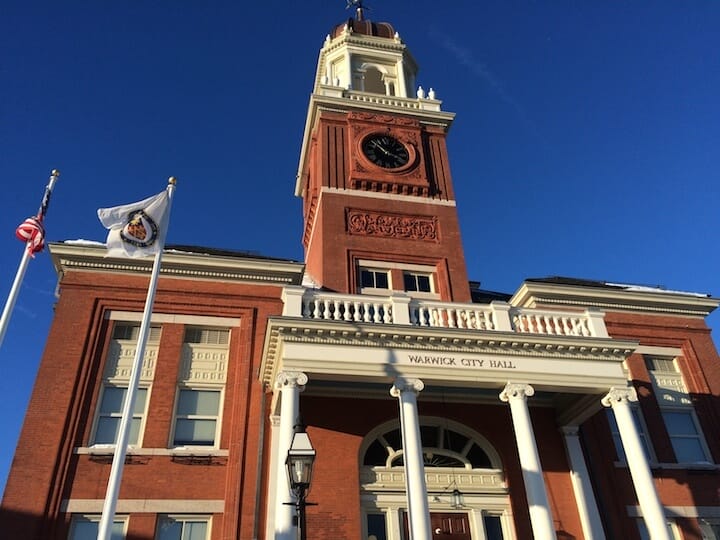
[CREDIT: Rob Borklowski] Warwick City HallWARWICK, RI — The Warwick City Council approved asking vot...
You're probably out of free articles. Let's fix that!
Warwick Post's writers are committed to local journalism, helping people make informed choices. We can do a lot more with you in our corner. Subscribe or log in below to stay informed.

